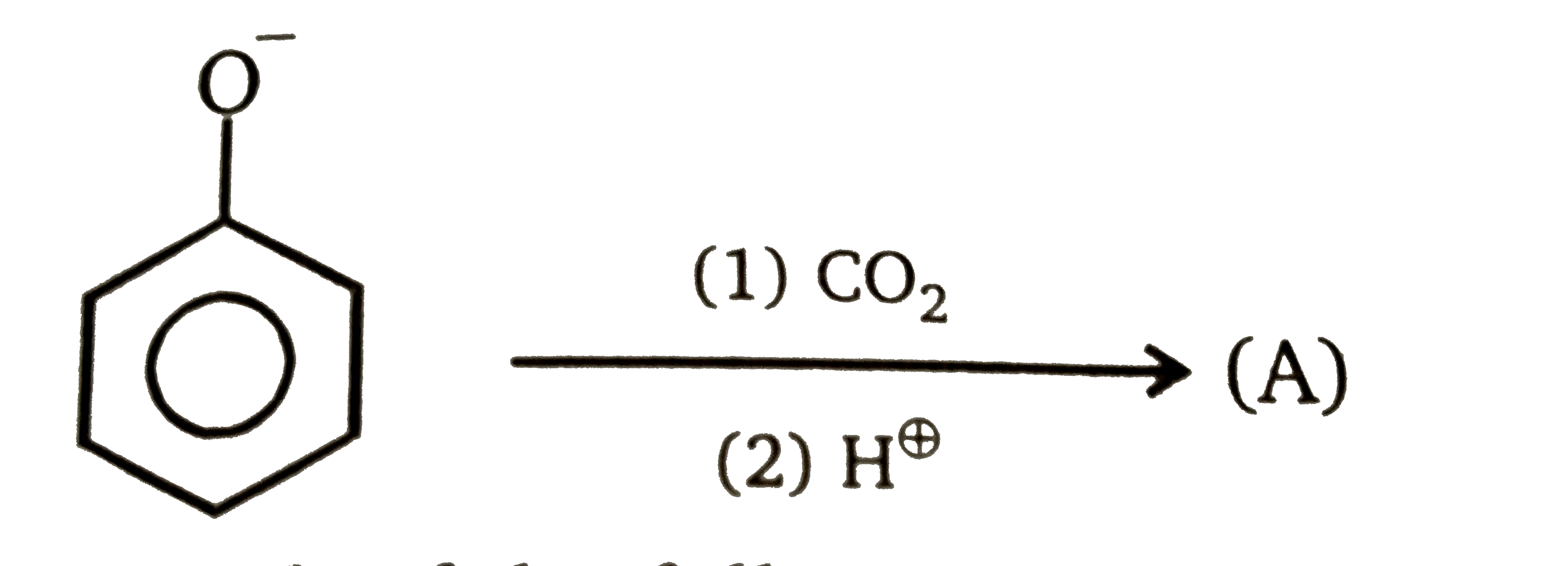Which of the following os true for an elementary reaction ?
A
Equilibrium constant is not related to the forward and backward reactions
B
The trimolecular reactions are very common
C
The orders in the rate law are not determined by the reaction stoichiometry.
D
The orders in the rate law are determined by the reaction stoichiometry
Video Solution
Text Solution
The correct Answer is:D
The reaction order for an overall chemical reaction must be determined experimentally. It can't be deduced from the stoichiometric coefficient in the chemical equation for that step.
|
Updated on:21/07/2023
Topper's Solved these Questions
- BOOK - R SHARMACHAPTER - CHEMICAL KINETICSEXERCISE - Follow-up 420videos
CHEMICAL KINETICS
- BOOK - R SHARMACHAPTER - CHEMICAL KINETICSEXERCISE - Follow-up 512videos
CHEMICAL KINETICS
- BOOK - R SHARMACHAPTER - CHEMICAL KINETICSEXERCISE - Follow-up 210videos
CHEMICAL KINETICS
- BOOK - R SHARMACHAPTER - BIOMOLECULESEXERCISE - Archives47videos
BIOMOLECULES
- BOOK - R SHARMACHAPTER - CHEMISTRY IN EVERYDAY LIFEEXERCISE - Archives11videos
CHEMISTRY IN EVERYDAY LIFE
Similar Questions
Knowledge Check
- Question 1 - Select One or More
Which of the following are true for first order reaction?
At3/4=2t1/2Bt15/16=4t1/2Ct15/16=3t3/4Dt7/8=2t3/4 - Question 2 - Select One
Which of the following is true for order of a reaction?
AIt is eqaul to the sum of exponents of the molar concentration of the reactants in the rate equationBIt is always a whole numberCIt is never zeroDIt can be determined theoretically - Question 3 - Select One

Which of the following is true statement about the reaction?AOrtho isomer is major if PhONa is usedBPara isomer is major if PhOK is usedCProduct formed is further used for preparation of drug aspirinDAll of these
Which one of the following matrices is an elementary matrix ?
View SolutionWhich of the following would be true for the reaction shown?
 View Solution
View SolutionWhich of the following would be true for the reaction shown ?
 View Solution
View SolutionWhich of the following is true for a reaction in which all the reactant & product are liquids
View SolutionWhich of the following is not true for SN1 reaction ?
View Solution

